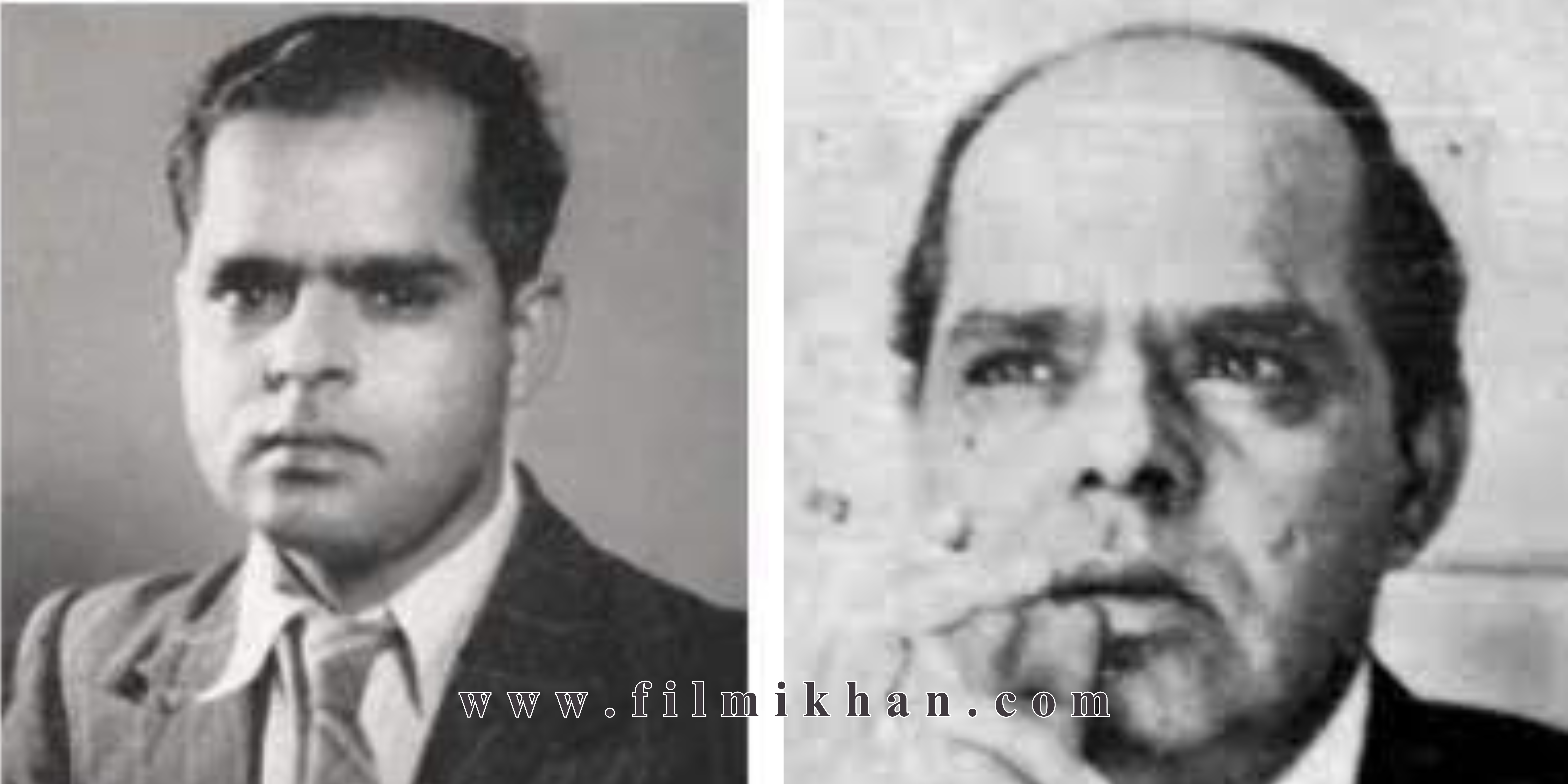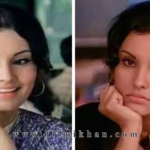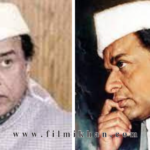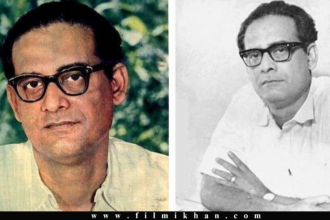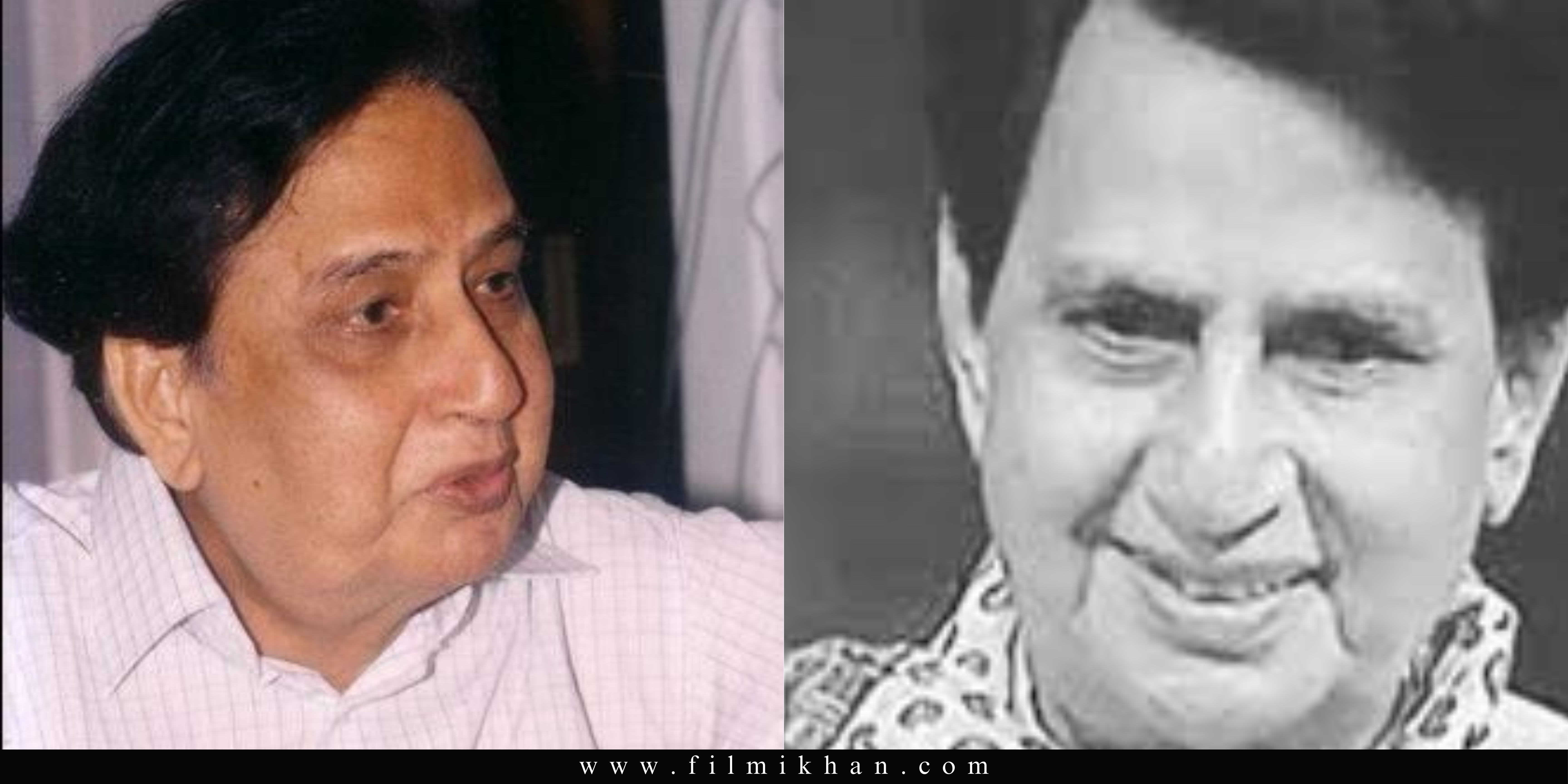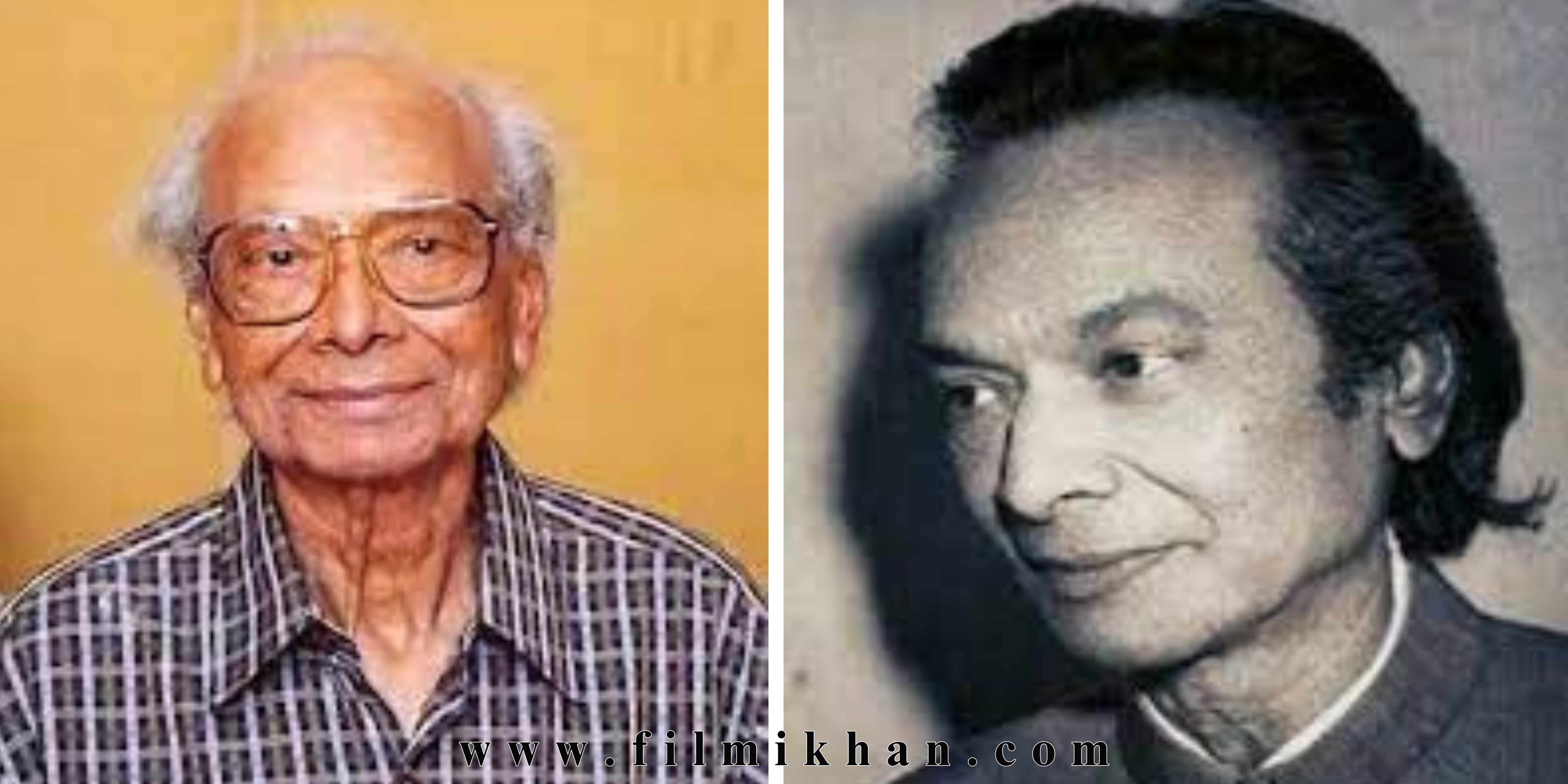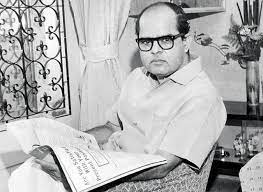
Picture: Social Media
In the rich tapestry of Indian cinema, the name Roshan Lal Narrath resonates with melodious brilliance, and at the heart of this musical legacy stands the esteemed composer Roshan Lal Nagrath. Revered as one of the maestros of Hindi cinema’s golden era, Roshan’s musical compositions have left an indelible mark on the industry. However, his legacy extends beyond the realm of music, as he was the grandfather of the renowned Bollywood actor Hrithik Roshan.
Early Life:
He was born on July 14, 1917, in Gujranwala, (now in Pakistan). From an early age, Roshan displayed an innate passion for music, and his prodigious talent was nurtured under the guidance of his father, a well-known musician named Lal Chand.

Picture: Social Media
Musical Journey:
He started taking music lessons at a young age and later joined Marris College in Lucknow, Uttar Pradesh (United Province of Agra and Oudh) under the training of Pandit S N Ratanjankar. Roshan took training from Allauddin khan and became accomplished sarod played under his guidance. Roshan’s journey in the world of music began as an esraj player for All India Radio in Delhi. He left this job in 1948 to try luck in films. In Bombay he became assistant of music composer Khawaja Khurshid Anwar in film Singaar (1949).
His talent soon caught the attention of music directors, paving the way for his entry into the world of film composition. Famous film director and producer Kidar Sharma recognised his talent and gave him a chance in his film. Roshan made his debut as a music director with the film “Neki Aur Badi” in 1949. This film was box-office failure but Kidar Sharma had faith in Roshan and gave him another chance in his film “Bawre Nain” which was musical hit. Roshan marked the beginning of a prolific career that spanned over two decades.
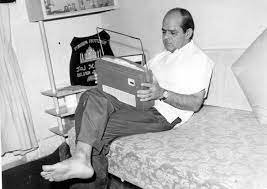
Picture: Social Media
In 1950s, Roshan Worked with legendary singers Mohammad Rafi, Mukesh and Talat Mahmood. Malhar (1951), Shisham and Anhonee (1952) were some of the films that he gave music during the1950s. During this time, he also made music for Meera bhajan which became immense hit. “Aeiri main to prem diwani mera dard na jaye koyi” sung by Leta Mangeshkar for the film Naubahar (1952).
He always supports fresh talent in the industry. He gave Anand Bakshi and Indeever their first break in the Hindi film industry as lyricists. Later, they became two of the most successful lyricists in Bollywood from the late 1960s onwards. Anand Bakshi and Roshan made a musical hit film Devar in 1966.
Signature Style:
Roshan’s music was characterized by its soul-stirring melodies and intricate compositions. His ability to blend classical and folk elements with contemporary tunes set him apart in an industry undergoing rapid transformation. Some of his most iconic compositions include “Laaga Chunari Mein Daag,” “Sheher Mein Charcha Hai,” and “Jo Waada Kiya Woh Nibhana Padega.”
Collaborations:
He collaborated with some of the most celebrated lyricists and playback singers of his time, creating timeless musical masterpieces. His partnership with lyricist Sahir Ludhianvi resulted in numerous classics that remain cherished by music enthusiasts. The combination of Roshan’s soulful tunes and Ludhianvi’s profound lyrics became a hallmark of their collaborations. He composed some superhit songs for the film Mamta (1966) with lyricist Majrooh sultanpuri, songs like- Rahte the kabhi jinked il mein and Rahen na rahein hum sung by Lata Mangeshkar and her hit duet with Hemant Kumar, Chhuppa lo yun Dil mein pyar mera.
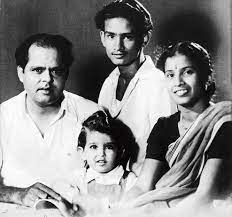
Picture: Social Media
Legacy:
Despite facing personal and professional challenges, his dedication to his craft never wavered. His compositions were not only commercially successful but also deeply resonated with audiences, earning him accolades and recognition. Even after his untimely demise on November 16, 1967, Roshan’s musical legacy endured, influencing subsequent generations of composers and leaving an indelible impact on the landscape of Hindi film music.
Hrithik Roshan’s Connection:
The musical genes of Roshan Lal Nagrath found a new expression in his grandson, Hrithik Roshan, one of the leading actors in the Indian film industry. While Hrithik chose a different path in the entertainment industry, the artistic legacy passed down through generations is evident in his nuanced performances and the deep appreciation for the arts.
He, a luminary in the world of music, left an enduring legacy that transcends generations. His compositions continue to evoke emotions and transport listeners to a bygone era of cinematic magic. As the grandfather of Hrithik Roshan, Roshan’s influence extends beyond the realms of music, weaving a tapestry that connects the past, present, and future of Indian cinema.
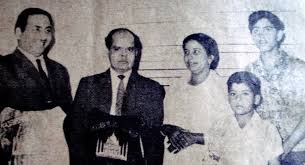
Picture: Social Media
Popular film qawwalis
Naa Tau Kaarvan Ki Talaash Hai film Barsaat Ki Raat (1960)
Yeh Hai Ishq Ishq film Barsaat Ki Raat (1960)
Nigahein Milane Ko Jee Chahta Hai film Dil Hi to Hai (1963 film)
“Waqif Hoon Khoob Ishq Ke Tarz-E-Bayaan Se Main” film Mohammed Rafi, Manna Dey and “Dhundhke Laoon Kahan Se Main” Mohammed Rafi, Manna Dey Bahu Begum
He marked speciality was the film qawwali. He was widely hailed for their composition.


